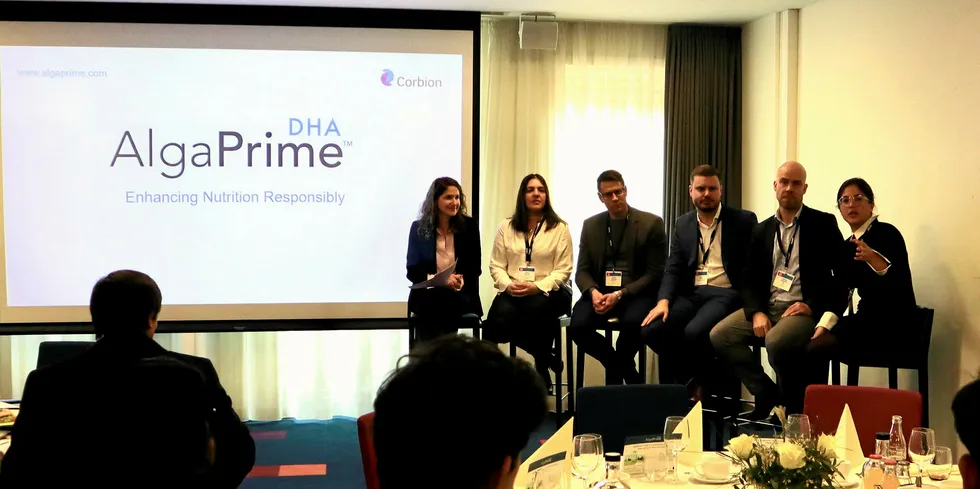Ikea, Tesco urge industry to risk 'mega-expense' and invest in algae-fed fish
Tesco is receiving an increasing amount of inquiries from customers, and hopes other salmon farmers will follow the lead of Leroy and other producers in embracing the change.
